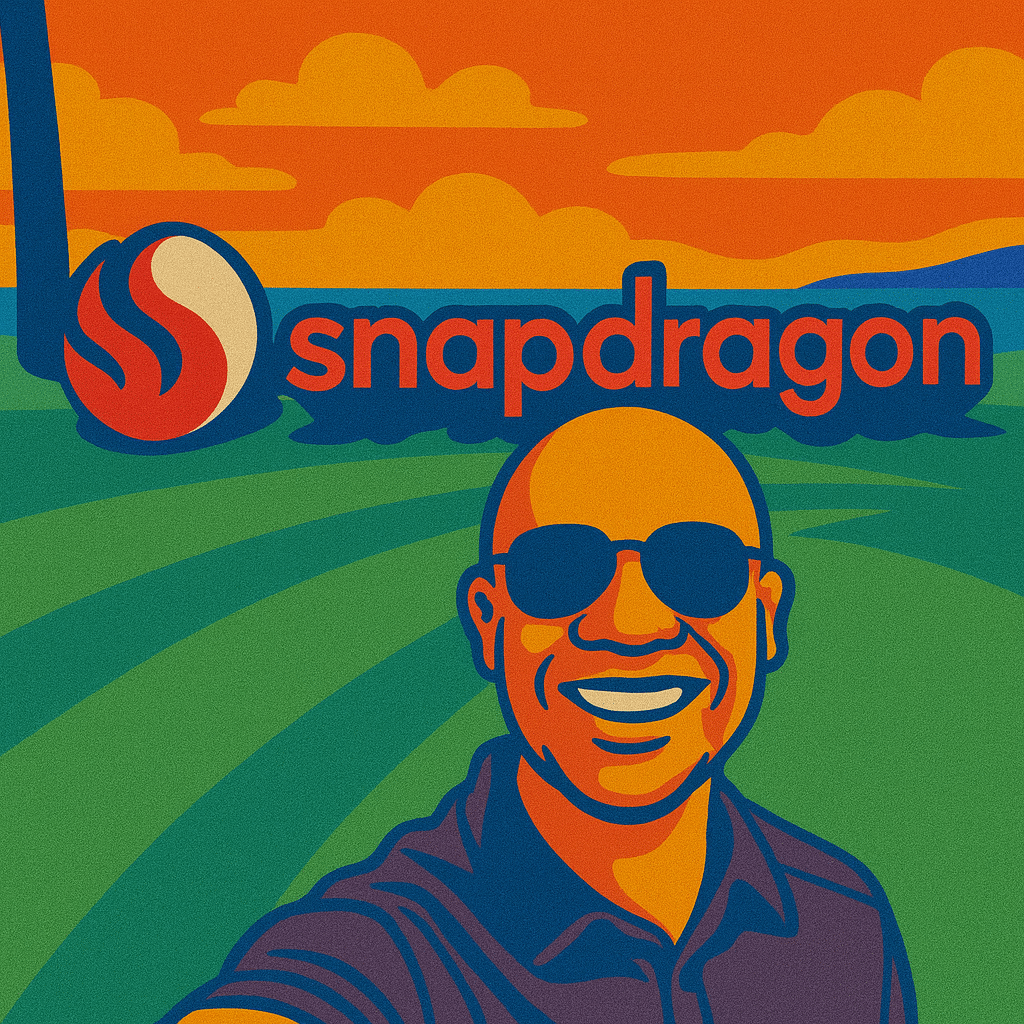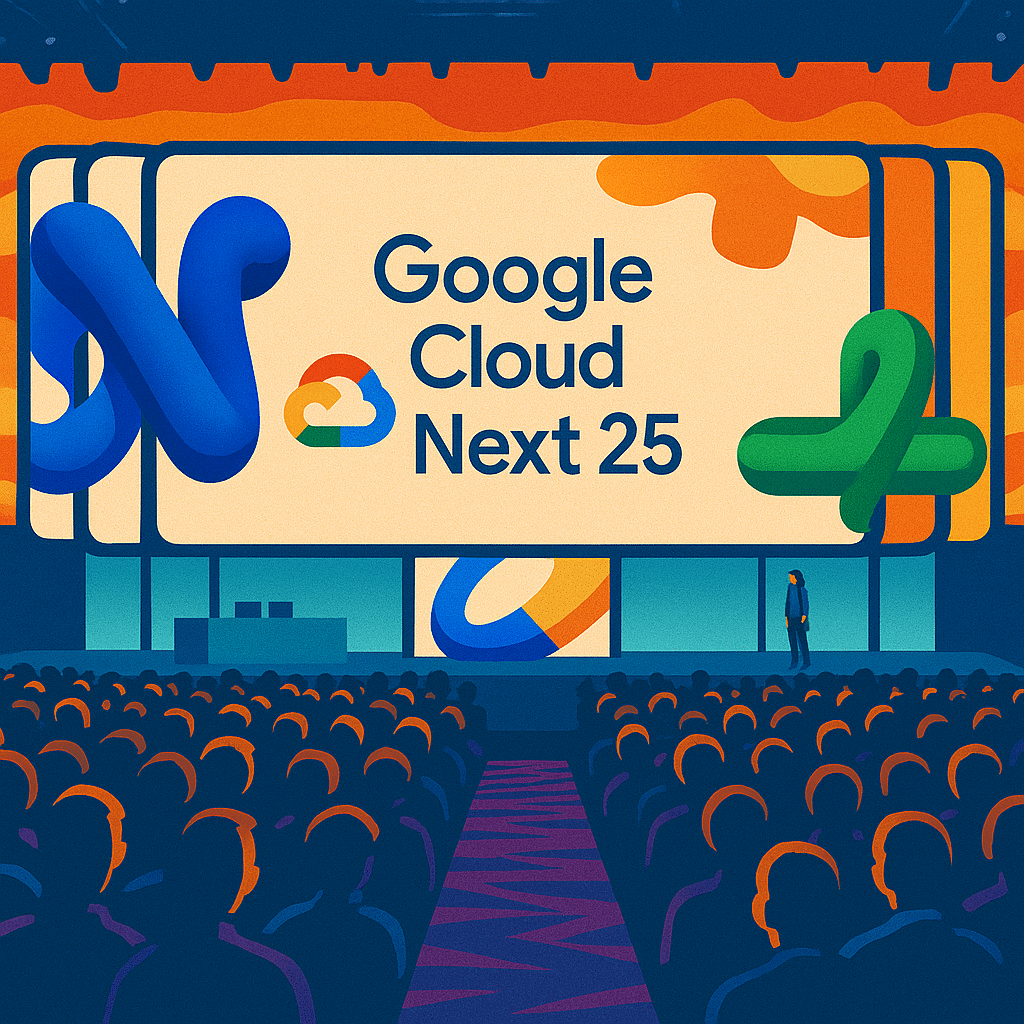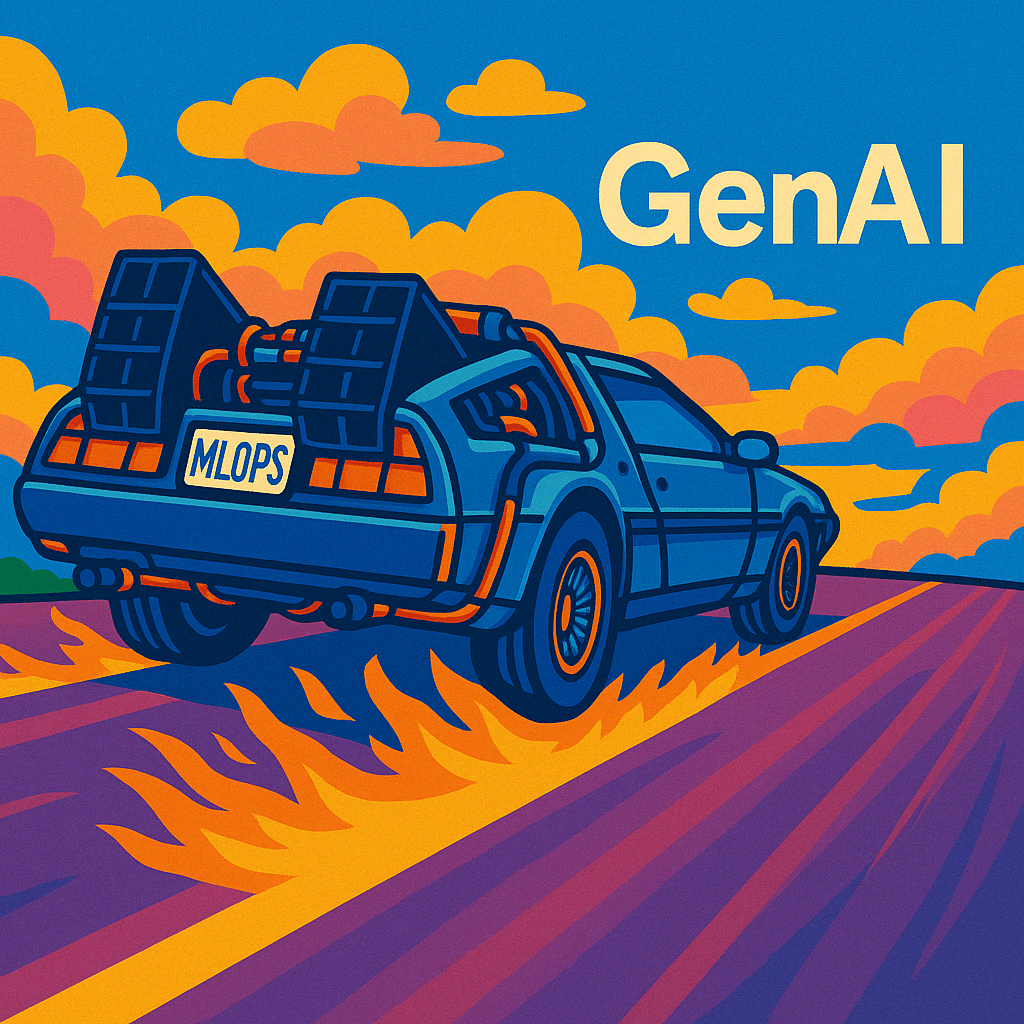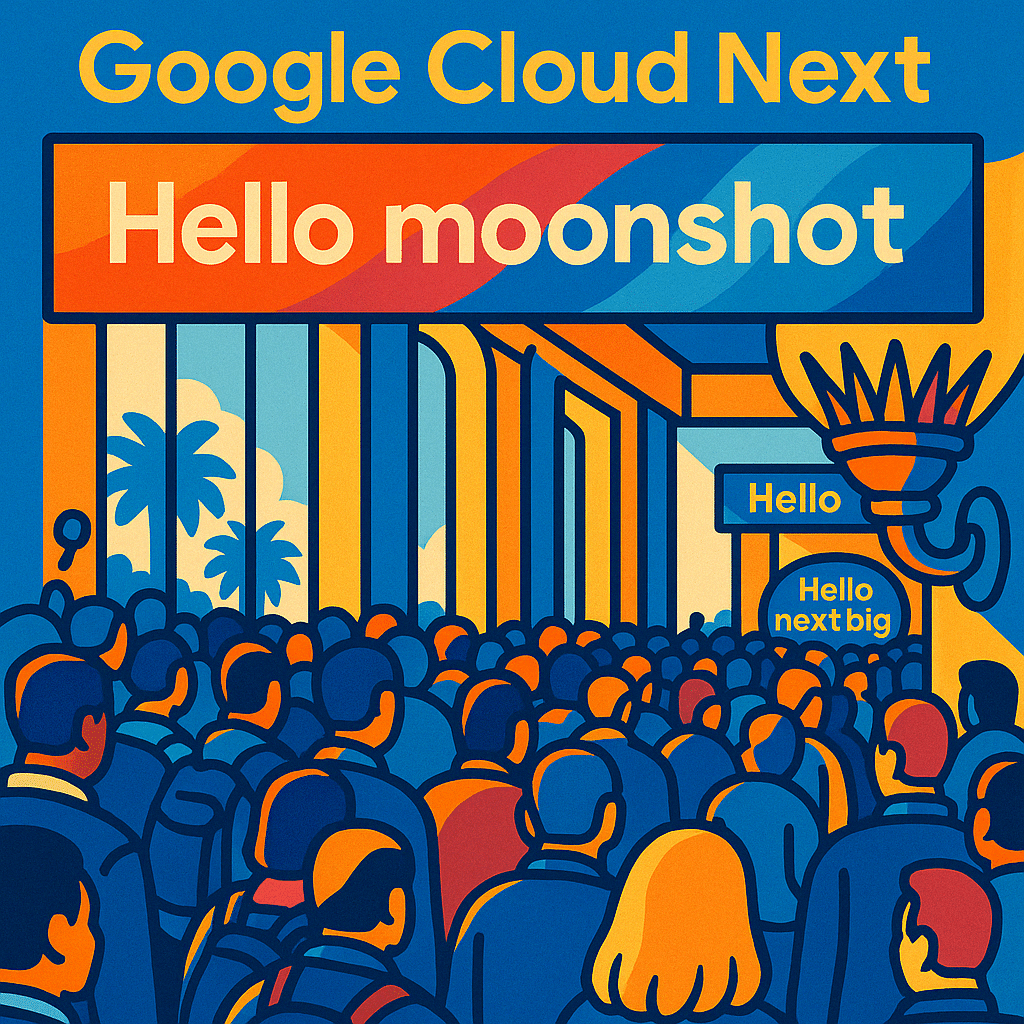Bits & Bytes
Facebook and Google researchers build RL framework to study language evolution.
- Their research paper proposes a computational framework allowing agents to interact in a series of games and uses it to demonstrate that symmetric communication protocols (i.e. languages) emerge and evolve without any innate, explicit mechanisms built in the agent.
Google releases synthetic speech dataset to help researchers combat “deep fakes.”
- Google has published a dataset of synthetic speech containing thousands of phrases spoken by deep learning based text-to-speech models. By training models on both real and computer-generated speech, researchers can develop systems that learn to distinguish between the two.
Carbon Relay to optimize energy efficiency in data centers with AI.
- Carbon Relay launched a new data center energy management product using deep reinforcement learning and augmented intelligence to offer customers energy efficiency improvements. Google announced its success with a similar internal project last year.
AWS open sources Neo-AI project to accelerate ML on edge devices.
- Recall that the project extends TensorFlow, MXNet, PyTorch, ONNX, and XGBoost models to perform at up to twice the speed of the original model with no loss in accuracy on multiple hardware platforms. It’s based on the TVM and Treelite compilers developed at the University of Washington.
Microsoft and MIT work to detect ‘blind spots’ in self-driving cars.
- A model developed by MIT and Microsoft researchers identifies instances where autonomous cars have learned actions from training examples that could cause real-world errors on the road.
Amazon facial-identification software used by police falls short on tests for accuracy and bias.
- AWS may be digging itself a deeper and deeper hole as it attempts to refute claims of bias for its facial-recognition software, Rekognition, marketed to local and federal law enforcement as a crime-fighting tool, struggles to pass basic tests of accuracy.
Spell expands cloud AI platform.
- The Spell platform uses Kubernetes to automatically scale models as necessary and provides metrics, monitoring, and logs for everything running in real time. Its latest edition adds team and collaboration features. The company also announced new funding; see below.
Dollars & Sense
-
Israel-based start-up, Augury which provides AI solution to predict industrial equipment failure, raised $25M in a Series C funding
-
Aureus Analytics, a predictive analytics platform for the insurance industry, has secured $3.1M in funding
-
Mimiro, a London, UK-based ML platform for analyzing the risk of financial crime, raised $30M in Series B funding
-
Carbon Relay, a Boston and Washington, D.C.based company raised $5M to tackle data center cooling with AI
-
Verbit Software Ltd, a provider of automated video and speech transcription services powered by AI has raised $23M round of funding led by Viola Ventures
-
Cinnamon AI, a provider of AI solutions, has secured $15M in Series B funding
-
Sonasoft Corp. announces that it has signed a letter of intent to acquire Hotify
-
Rover180 has acquired an AI automation and ML Indiana-based company, Vemity
-
Sherpa.ai, Palo Alto, California-based AI-powered digital predictive assistant provider, raised $8.5M in Series A funding
-
AInnovation, a Chinese AI solutions provider raised approximately $60M in Series A and A+ financing round
-
Zeta Global has acquired Silicon Valley-based AI company, Temnos
-
Adjust announced that it has entered into a definitive agreement to acquire cybersecurity and AI start-up, Unbotify
-
Spell closed $15M in new funding from Eclipse Ventures and Two Sigma Ventures.





